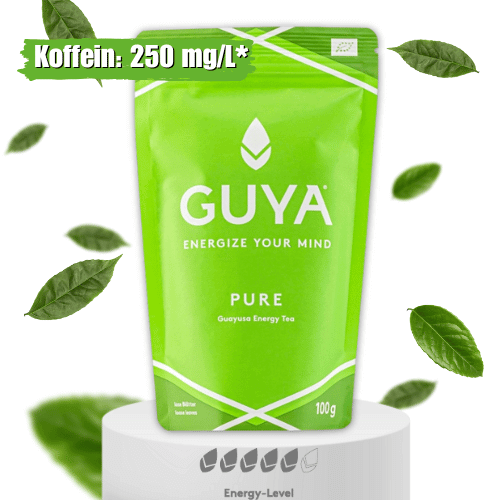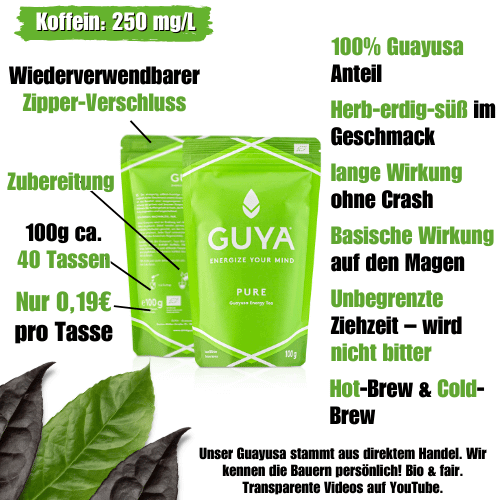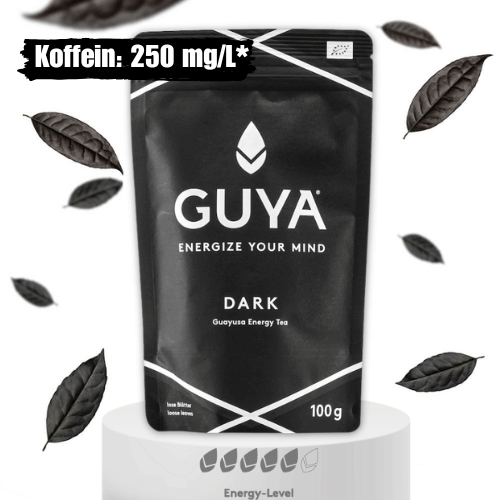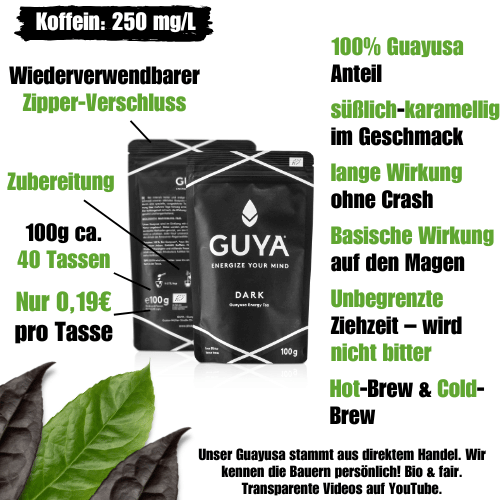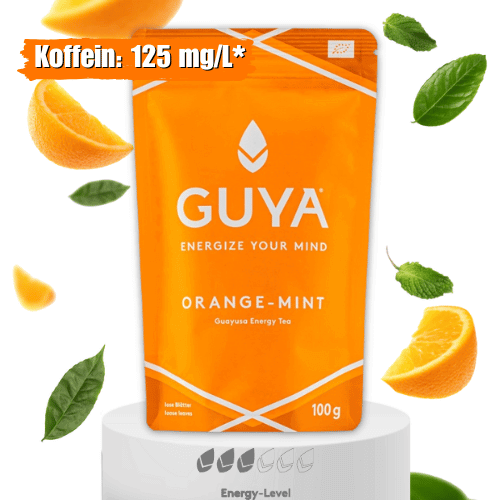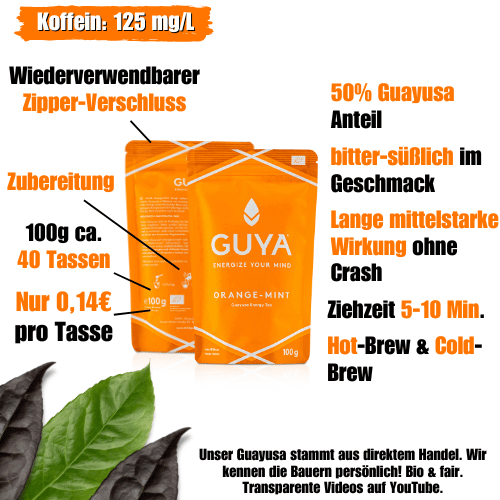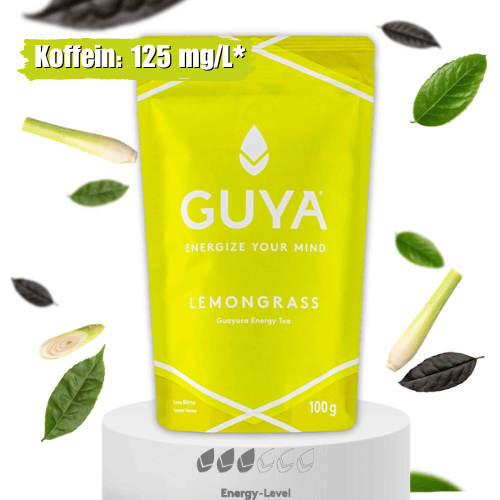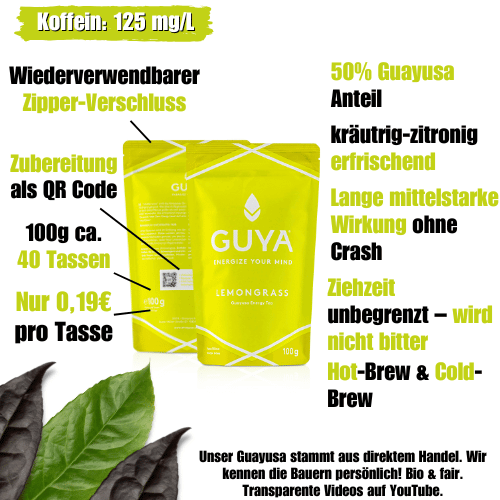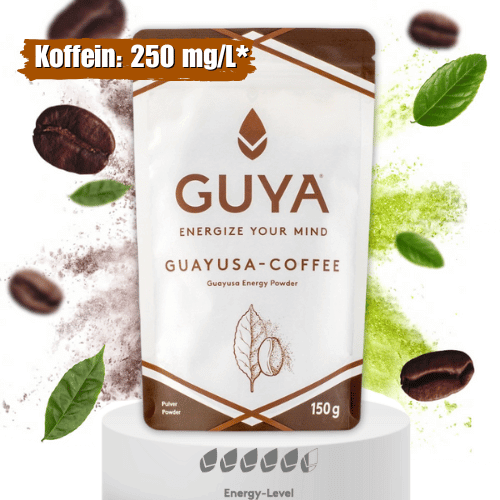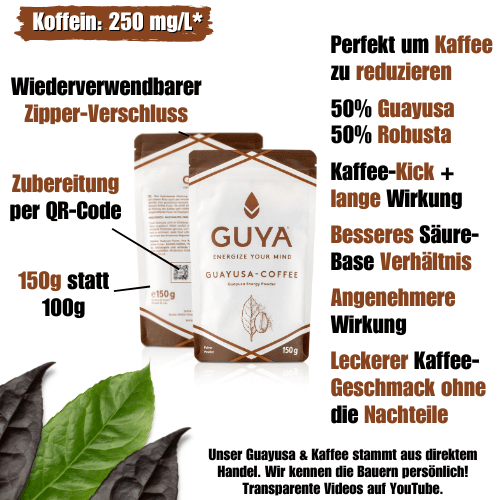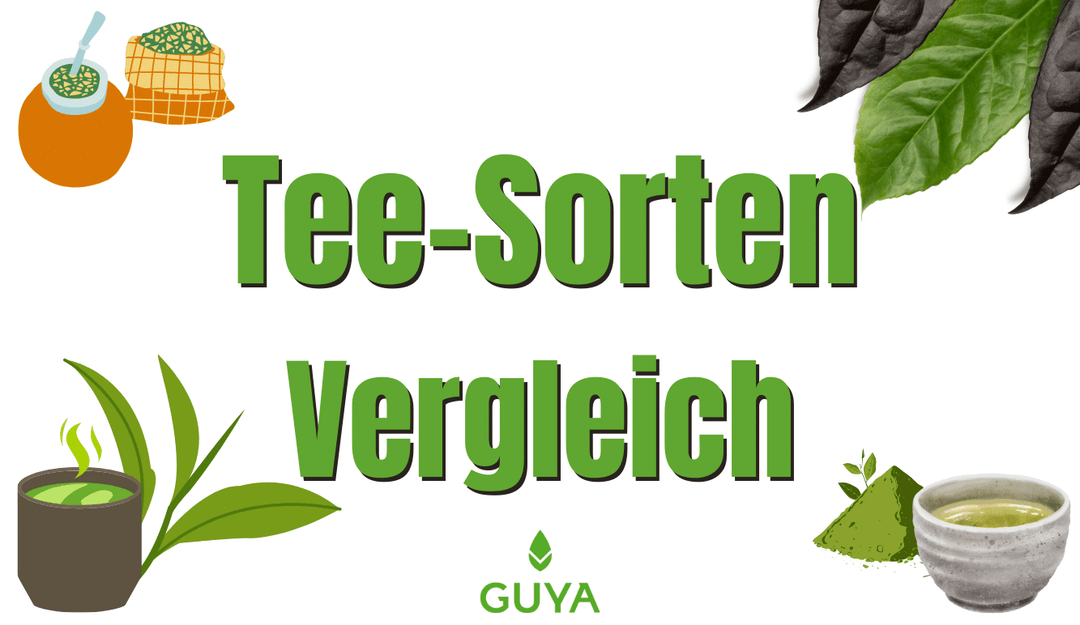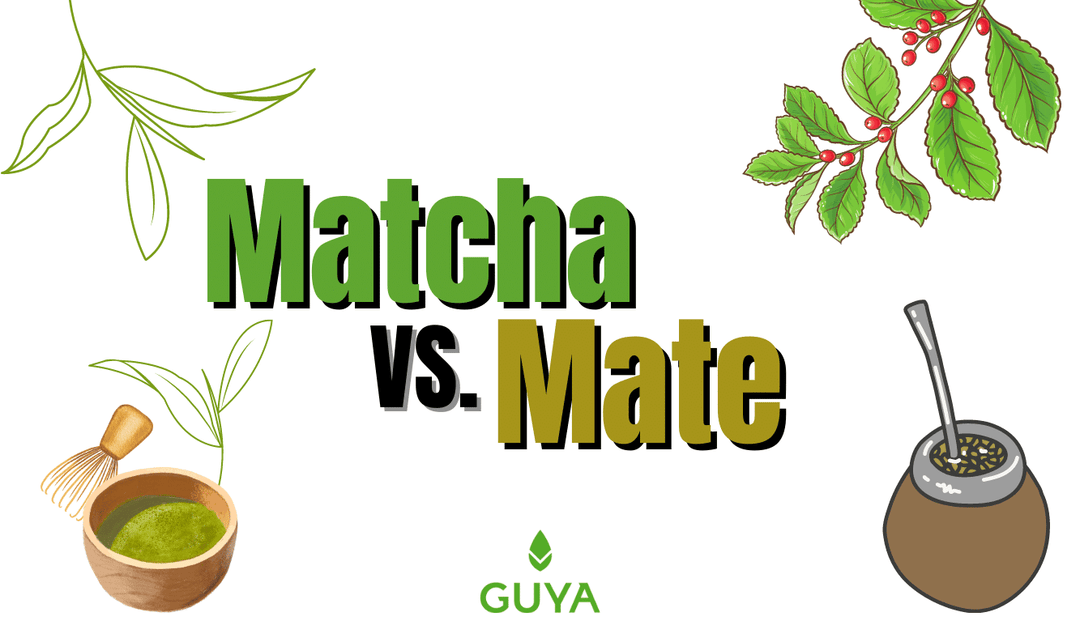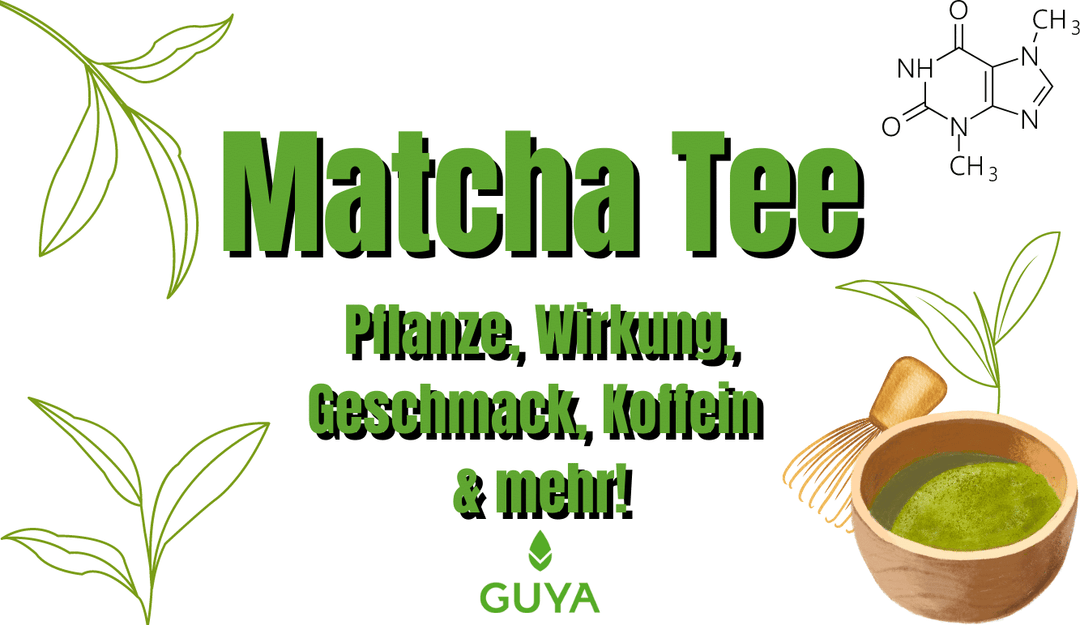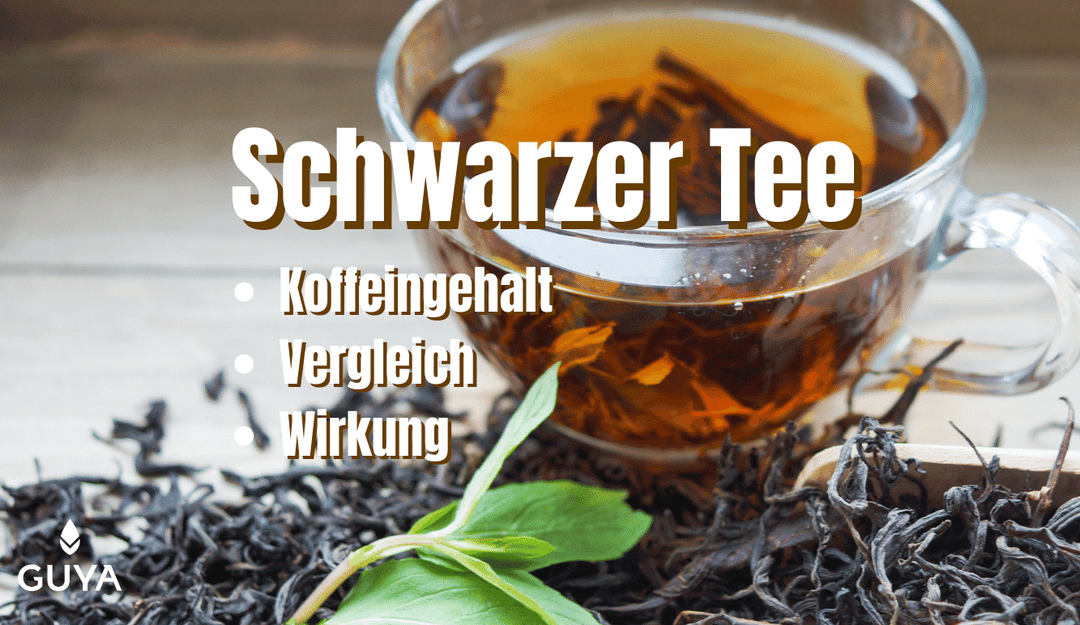Matcha VS Green Tea - Matcha or Green Tea?

Introduction
As in our comparisons Matcha vs coffee, Matcha vs Mate and Matcha vs Guayusa Let's also make a comparison Matcha vs Grüner tea. We ask you what the differences are and whether Matcha or Green Tea is a better choice.
Contents
1. Matcha vs green tea
Who our detailed Article on Matcha tea has already read, who already knows about some similarities and differences between Matcha and Grün tea. We now go into the two drinks much more in more detail.
1.1. Common ground
Matcha is precisely the high quality green tea in powder form. Matcha means "ground tea" and is the product of the last processing level of a Tencha tea. Tencha Again, Matcha is uncomfortable.
Matcha and Tencha therefore have identical properties or ingredients except for the dosage form.
The greatest common ground between Matcha and a normal green tea is the same type of plant (Camellia sinensis).
1.2. Differences-Matcha vs Grüner tea
As already indicated, a normal green tea has similarities with Matcha. However, Grüner tea has significantly lower amounts of important active ingredients such as Antioxidants, caffeine, L-theanin And amino acids in contrast to Matcha.
However, this still applies largely only to Matcha from Japan. Since every ground green tea may be called Matcha. Normal green teas are therefore also ground outside of Japan and sold as a matcha.
So pay attention to the origin "Japan" and a deep green, almost bright color when you buy it. More on this in our article too Taste and quality levels.

Cultivation
Matcha is shaded with black networks for several weeks before harvesting. This leads to an increase and intensification of all active ingredients, since the leaves form more chlorophyll, amino acids, antioxidants and caffeine due to the suddenly lower solar radiation.
processing
Only the top, freshest and greenest leaves for original Japan Matcha are harvested. These are treated with water vapor and dried directly with hot air. This prevents oxidation. Then the best leaves are sorted by hand and freed from their leaf trunks.
In the next step, grinding takes place in a stone mill. This process can take over an hour at a mechanical mill to produce 30 g Matcha.
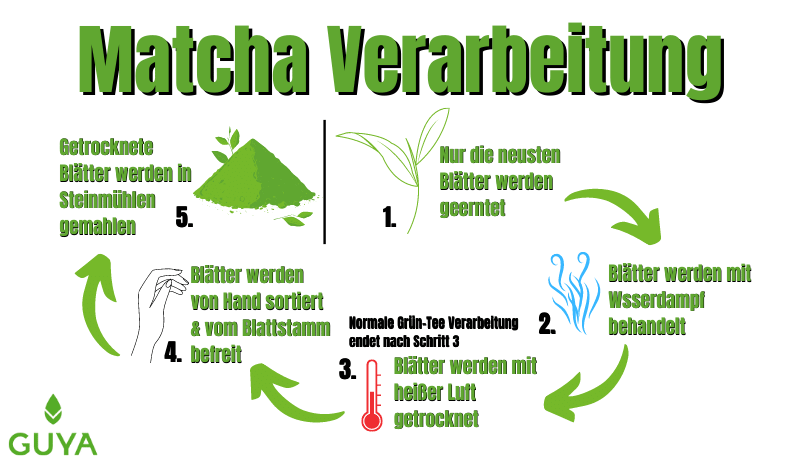
Origin
The first green tea powder comes from China and was the first Matcha. However, what we know as a Matcha tea these days does not have much together in comparison VS Grün-Tea powder from China.
In Japan, the process for the production of Matcha has been redefined over the entire production period. Therefore, it can be said that today's Matcha comes from Japan, but the first idea came about in China.
Grüner tea can come from a wide variety of regions in the world. Similar to coffee, every region has its special features. Grüner tea can come from Japan, China, Vietnam, Thailand, Indonesia and India. However, there is a few tea arms to be found all over the world.
ingredients
Matcha's ingredients in our comparison Matcha VS Grün-Tea are particularly high. The difference is particularly noticeable in caffeine and antioxidants. When asked whether Matcha or green tea is healthier, reference must be made to Matcha due to the ingredients.
Matcha has as many antioxidants as a green tea extract that was patented. In relation to these antioxidants, Matcha has about twice more than normal green tea.
In a study It could be demonstrated that the antioxidants, especially phenols, flavonoids and diabetes inhibitors α-glucosidase in Matcha had better bioavailability. This investigation was carried out in comparison with Sencha tea, which is already considered a very high quality green tea.
Effect
When comparing Matcha VS Grüner tea, Matcha definitely cuts off better here. The higher number of active ingredients also leads to a better effect and this is mainly health -related. More on that in our Blog post on the Matcha effect.
2. Matcha or green tea?
The comparison Matcha vs Grüner tea clearly shows that Matcha is the better green tea. But of course this, literally, has a higher price! 30 g qualitative Matcha quickly costs around 30 € upwards. Sencha, on the other hand, is already available for 50 g to 100 g for € 10 to € 20.
However, if you attach particular importance to health-positive properties, you should use Matcha or Grüner tea with the question of Matcha.
3. Conclusion
We humans like to tend on black and white views. However, the fact is that the truth is mostly in the middle. Maximalism usually harms more than it helps. A bowl of Matcha, a delicious Sencha and a particularly guilty and also healthy Guayusa tea Everyone goes hand in hand with each other.


